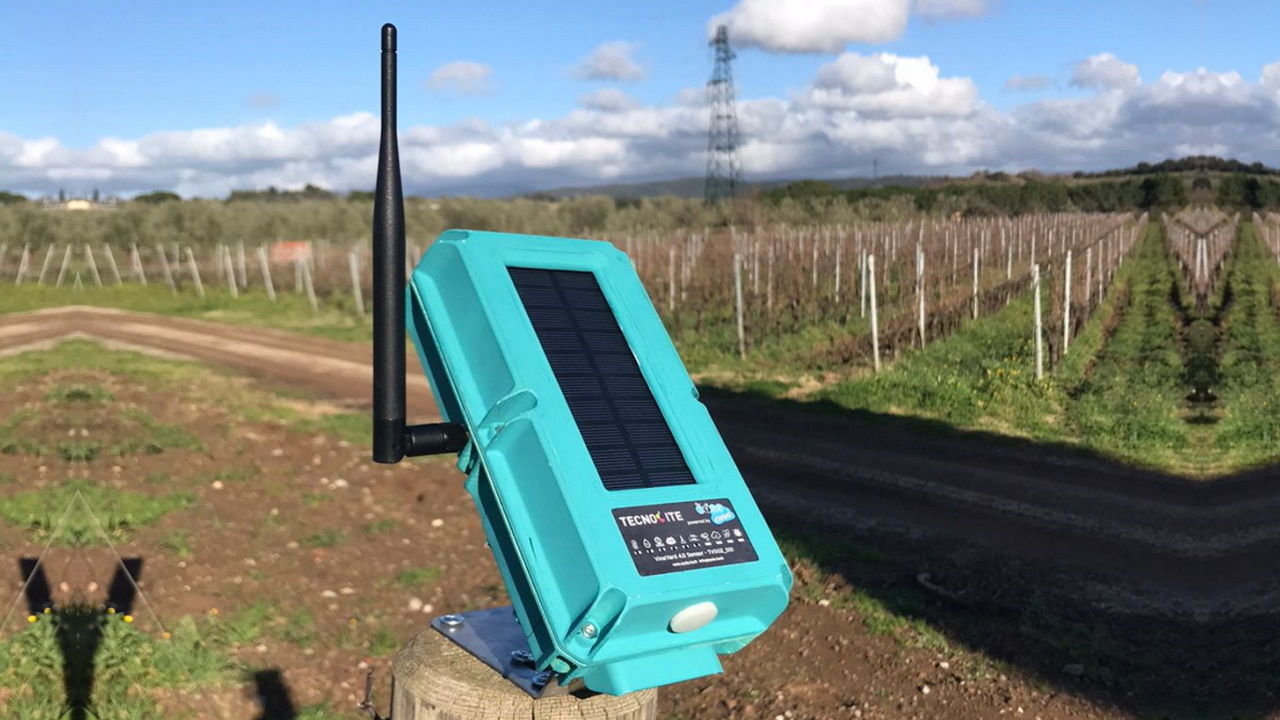
Diffuse Sensor System with decision support (DSS) for precision agriculture
Diffuse Sensor System with an decision support system (DSS), a project developed by Syde S.r.l. for Agricole Tecnovite S.r.l.
Patented solution
As organic farming and environmental sustainability become increasingly more important, solutions must be developed to effectively implement ecological and environmental changes for the continued development of these agricultural company´s.
The solution developed is designed to be accessible to farms with limited investment capacity, but who do not want to abandon their organic conversion as well as their focus on sustainability.
In 2017, as part of the Value for Innovation co-funding programme, Syde’s project for Tecnovite started, leading to the development of a distributed sensor system with decision support (DSS) for precision agriculture.
What is precision agriculture?
Precision agriculture (or surgical agriculture) is a strategy for managing agricultural production by collecting, processing and analysing useful data that, when combined with other information, enables operational decisions to be made, when external conditions (such as rain or wind) change.
In this way, the company can improve its efficiency in terms of resource use, productivity, quality along with gaining environmental sustainability of agricultural production.
Precision farming therefore aims to optimise production by using modern instrumentation to monitor local environmental conditions, including climate, air, soil together with the plants themselves, in order to initiate appropriate corrective actions in time. These can be implemented automatically (e.g., for irrigation) or by alerting staff in advance to carry out the necessary corrective actions.
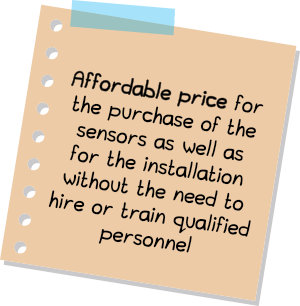
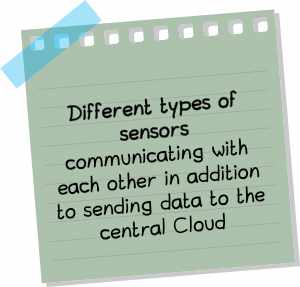
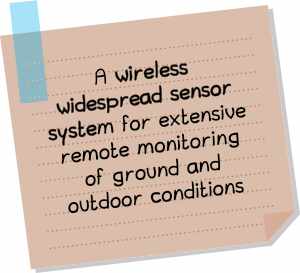
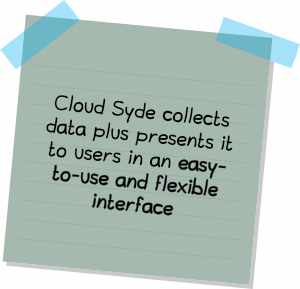
Characteristics of sensors for precision farming in an Diffuse Sensor System (DSS)
Tecnovite, the project’s partner and proposer, was clear about the features the new Diffuse Sensor System should have, so that it would be easy to use, cost-effective together with an ease to integrate it:
- there should be no wired or fixed connections;
- it should be possible to connect sensors of different types (which avoids the use of predefined sensors for each transmission unit);
- the possibility of unlimited increase of the number of sensors for each transmission unit;
- an increase of the cost to benefit ratio of the sensors used per unit area;
- the reduction of installation costs;
- the possibility of using non-specialised personnel to replace sensors at various times of the year or as required;
- provide information to optimise the coordination of activities by monitoring the progress of activities, the location of equipment and personnel.
The new distributed sensor system therefore includes several sensors (communicating with each other via a wireless system along with transmitting data to a central cloud) that are easy to use/replace as well as having a economical reasonable production cost.
With these features, a farm can afford a complete remote analysis of the environment conditions including the soil, increase the number of sensors installed without having the need to hire specialized staff or train existing employees.
Data collection, the cloud and the DSS
The system consists of a unit equipped with a data transmission module with various transmission modes (such as WiFi, 4G, Sigfox etc.), to which a series of sensors can be connected that collect different types of data:
- Leaf hydration
- VOCs (volatile organic compounds)
- Atmospheric pressure
- Presence of insects
- Anemometer
- Amount of CO2
- Pluviometer
- Air temperature
- Air humidity
- Amount of particulate matter (PM10/PM2.5)
Once the data is collected, it is transferred to Syde’s proprietary cloud, from where users can access and adapt the data for analysis as well as export as needed. As with all decision support systems (DSS), the user interface is easy to use and flexible, with an interactive environment including the ability to use data analysis tools.
